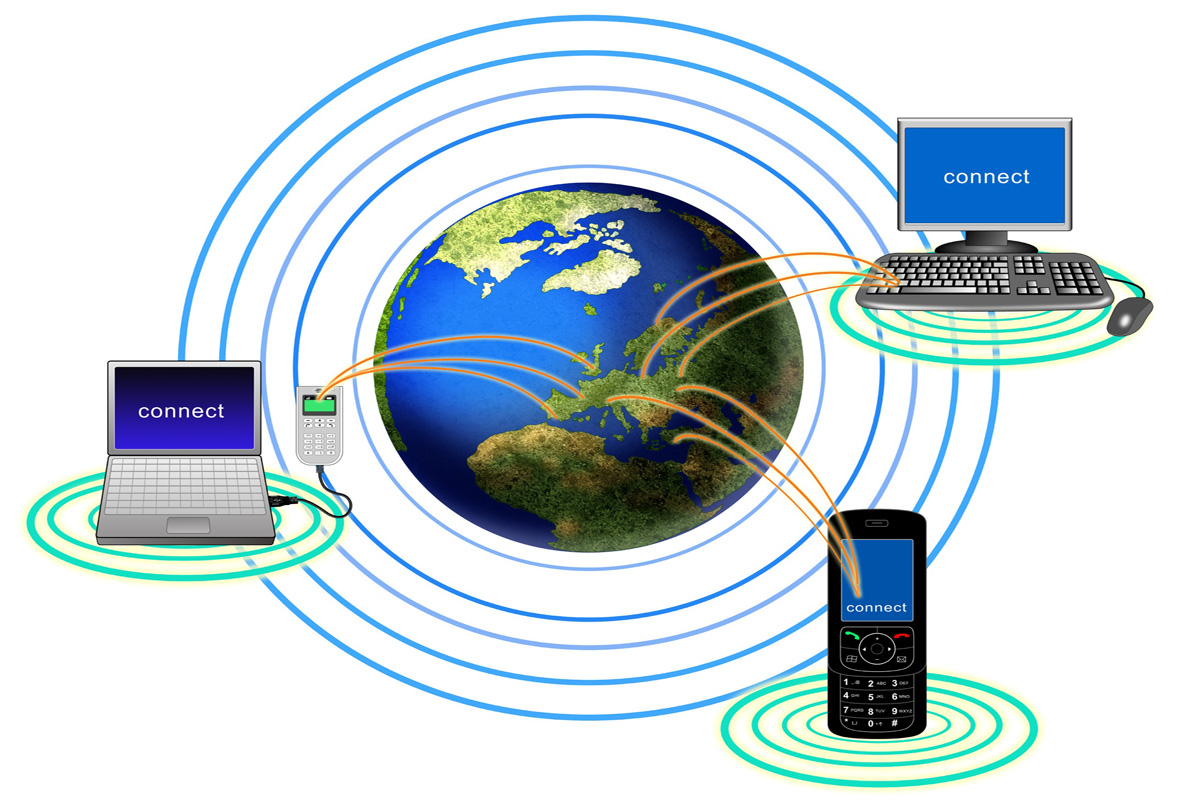Partial internet blackout results from bungled experiment
Cyber apocalypse averted by swift action.

A European experiment resulted in disaster for several areas of the internet which became unreachable for an hour last Friday.
It underlines the fragility of the web as companies become more reliant on its services. Ironically, the test was designed to contribute towards the secure and stable operation of the internet.
This was the misdirected aim of the erring researchers from Duke University in North Carolina and RIPE NCC, the operations centre for Rseaux IP Europens.
RIPE is one of five Regional Internet Registries (RIRs) charged with ensuring the reliable operation of the whole internet. Any lack of vigilance or an error on their part, such as this, could bring the whole system down.
The villains of the piece were mostly Cisco CRS-1 routers which could not process the experimental data and responded by sending malformed messages to all peers on the network, closing down that section of the internet. Affected areas were primarily in the fr (France) and si (Slovenia) country code TLDs. The Top Level Domain is the final part of the URL web address used by browsers.
In all 1.4 per cent of the whole web, was affected but fast action by RIPE uncovered the router culprits, patched them and had everything back to normal within an hour.
The incident bore a similarity with conspiracy theorist warnings about an internet collapse causing a cyber apocalypse. It confirms that malformed data could feasibly be used by hackers or terrorists to at least bring down parts of the internet.
Get the ITPro daily newsletter
Sign up today and you will receive a free copy of our Future Focus 2025 report - the leading guidance on AI, cybersecurity and other IT challenges as per 700+ senior executives
The swift remedial action of RIPE offers the hope that this "apocalypse" would be a temporary setback.
-
 Should AI PCs be part of your next hardware refresh?
Should AI PCs be part of your next hardware refresh?AI PCs are fast becoming a business staple and a surefire way to future-proof your business
By Bobby Hellard
-
 Westcon-Comstor and Vectra AI launch brace of new channel initiatives
Westcon-Comstor and Vectra AI launch brace of new channel initiativesNews Westcon-Comstor and Vectra AI have announced the launch of two new channel growth initiatives focused on the managed security service provider (MSSP) space and AWS Marketplace.
By Daniel Todd